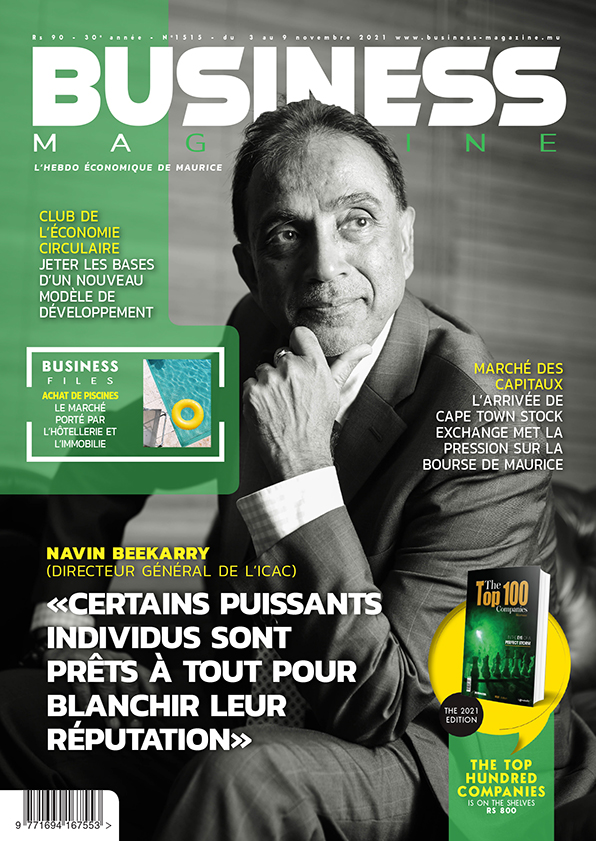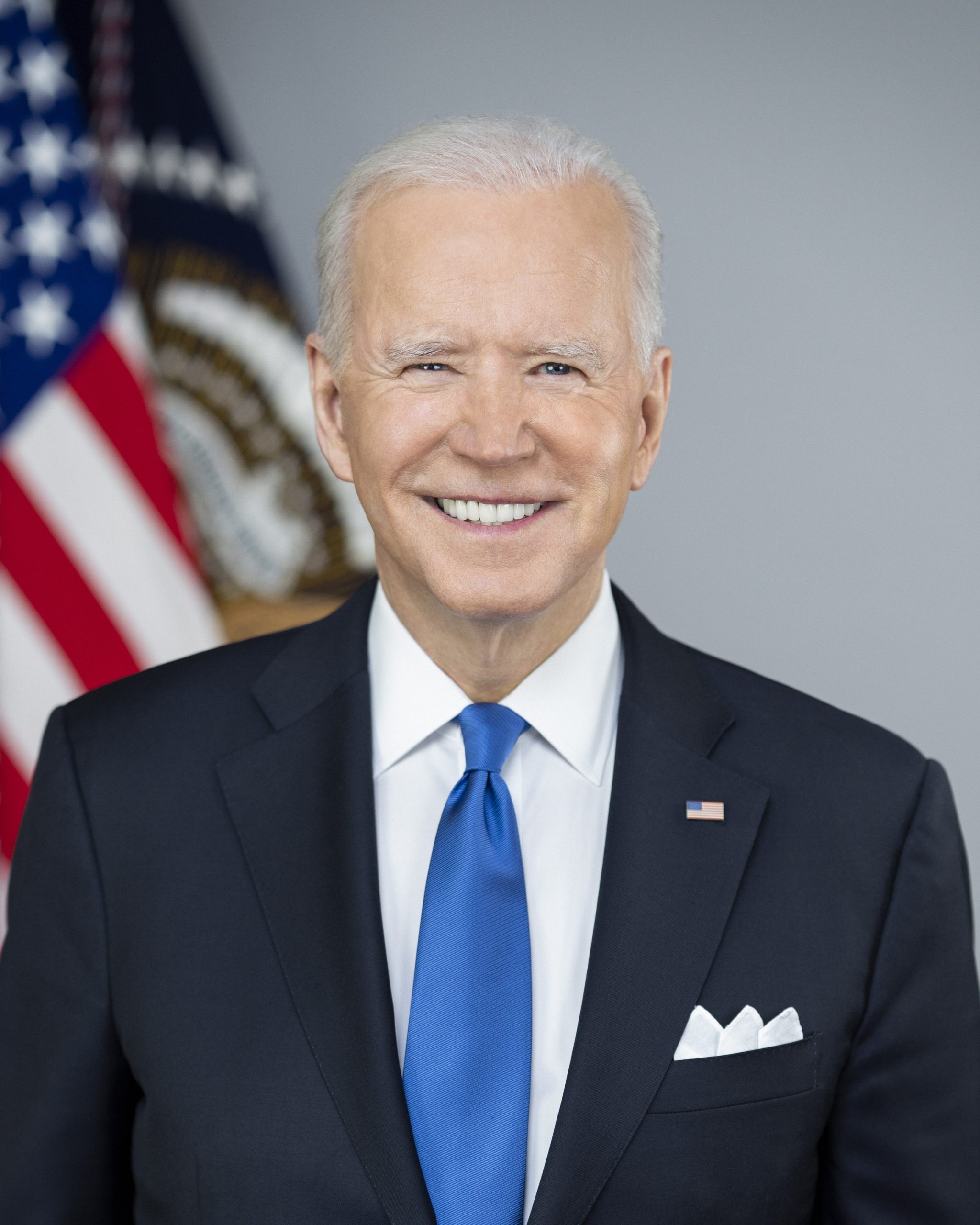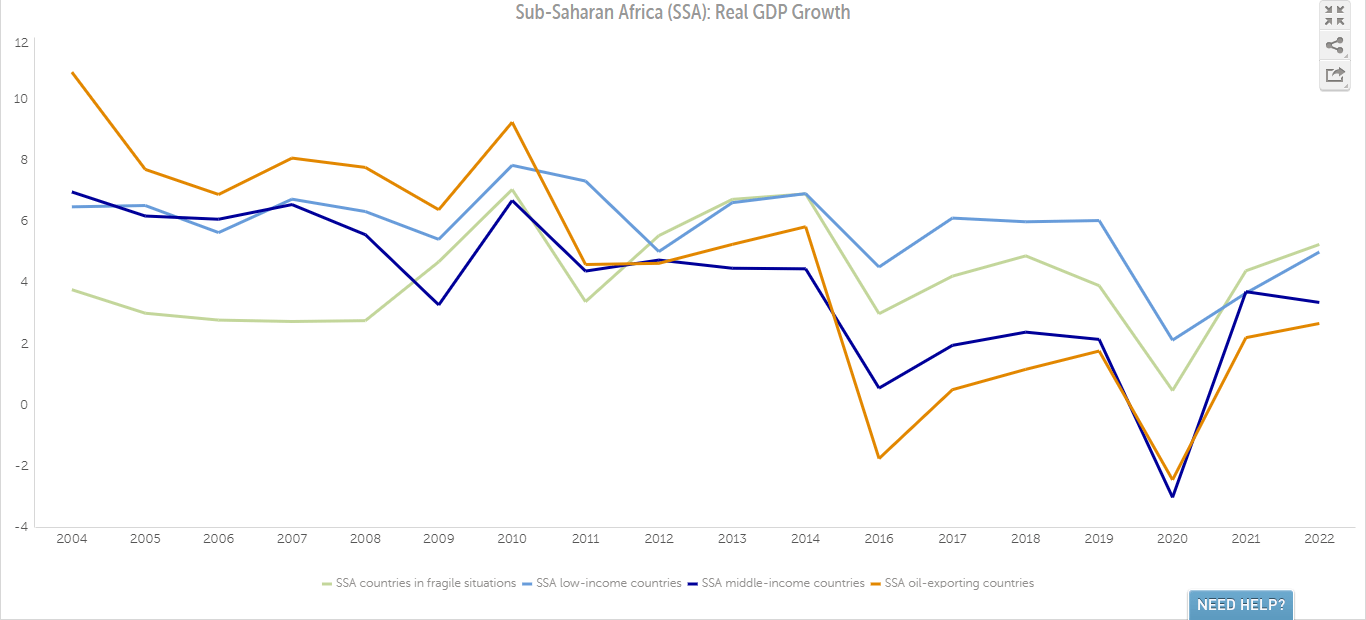How Mauritius is seducing US investors
Share

US investors are currently eyeing Mauritius with a fresh outlook and as a potential financial services hub for routing their investments into Africa. However, the country needs to work on more than just its bilateral relations in order to emerge as a preferred destination of choice for U.S. investments.
The bilateral and commercial relationships between Mauritius and the United States seem poised for success with US President Barack Obama’s recent declaration on Mauritius being viewed as a valued partner of the United States.
“Both countries have many shared goals, including advan-cing human rights and improving the lives of our countries’ citizens though free trade,” expressed Barack Obama as a remark to the newly appointed ambassador of the Republic of Mauritius, Sooroojdev Phokeer, during the presentation of his letter of credence at the White House in Washington earlier this month.
Both governments are now more determined than ever to bolster interaction, with Mauritius in the process of setting up a strategic plan to boost and diversify its exports to the United States following the enactment of the Trade Preferences Extension Act 2015. The main objective is to support the capacity of Mauritian firms to successfully sell to the US market. Currently, around $96 million (2012 figures) worth of exports produced in Mauritius hit the US market each year under the African Growth and Opportunity Act (AGOA), which provides duty-free and quota free access to around 6,400 product lines from eligible Sub-Saharan African countries. Negotiations for a bilateral investment treaty are also currently underway.
A trade mission organised by the Corporate Council on Africa ventured to Mauritius for the first time after a fifteen-year hiatus in May 2015 to get an idea of the country’s readiness and positioning for increased development. The delegation eyed Mauritius particularly as a catalytic platform for financial services in Africa. The country is indeed pairing its development in gear with the development of financial services; a financial pillar on an escalation path.
Mauritius however, has so far not been able to capture much of the $61.4 billion (2012 figures) US investment into the African continent, with direct American investment into the country amounting to only Rs 1.6 billion in 2014.
Financial services: the trump card
Nevertheless, the general sentiment that prevailed among members of the delegation is that Mauritius is gorging with potential. They are also of the view that the country can be used as a hub for channelling US investment flows into the African continent. Mauritius, much like its African counterparts, comes with its share of challenges and issues that need to be addressed before aspiring to emerge as the preferred destination of choice for US investors.
According to the observations of Matt Essieh, president and Chief Executive Officer (CEO) of US based company EAI Information Systems, opportunities lie in the banking and financial services sector. This, he says, is in accordance with the governmental vision to transform the country into a financial services and technology hub for the African continent. EAI Information Systems is also present in Ghana and is looking for opportunities in other places of the continent. The company in fact sees its future growth stemming from the fast growing economies of the African continent.
“We share the same vision. Based on the stable political and economic growth environment in Mauritius, we see huge opportunity to set up an office or have a partner here for software development,” states Matt Essieh.
Mauritius, he pursues, is of particular interest to him owing to its bilingual workforce. This is a huge advantage aside from the existing basic technological knowledge, points out Matt Essieh.
“We have our operations in Ghana and hopefully we will collaborate for opportunities in other countries. One of the main reasons is the English and French speaking workforce here. This is a huge advantage. We have ambitions for francophone Africa as well as English-speaking countries. Mauritius provides that unique opportunity to develop software in English or French equally,” he says.
A lot of progress can also be made with a proper marketing of the destination. Diane Willkens, president of Development Finance International, first heard about Mauritius during the Africa CEO forum held in Geneva this year, where she got to learn about the opportunities cropping up locally and the ease of doing business here. US based Development Financial International’s role is to help global corporates, namely the Fortune 500 companies to expand their business and markets and ensure they are attached to the right key initiatives for their business. It operates in Africa from its office in Nairobi and its partner in Addis Ababa and is also present in Manila, Philippines and New Delhi, India.
“The company fights above its weight, as we are told by our clients. I was intrigued to come to Mauritius. Opportunities exist on the textiles, clean energy, climate change and Business Process Outsourcing (BPO) front for our clients,” she comments.
The sound economic and political profile, bilingual workforce and attractive commercial laws prevalent here could thus be very strategic for US companies, observe Matt Essieh and Diane Wilkens.
In fact, the next logical step that those companies might undertake when thinking of Mauritius for investment into Africa would be to use the island nation as headquarters for their developments.
Using Mauritius as a regional base
“These are definitely in our plans. We have been to Mozambique and Madagascar and realised that there is no better place than Mauritius to use as a base for opportunities in Africa,” states Matt Essieh. Meanwhile, Diane Willkens intends to make such recommendations to the companies she works with. “When we look at the number of companies here using the offshore establishment, it makes great sense for our companies to consider evaluating this proposition,” says Diane Willkens.
Mauritius, she notes however, in spite of its ambitions, faces constraints on the resources front, owing to the fact that it is a small country. Thus, what could be the high-end aspects that a client could bring here that would not harshly be resource intensive? The answer perhaps lies on the research and innovation side, she points out.
“There is not much talk about the universal health coverage, which is going to be part of the sustainable development goals,” states Diane Willkens. When the United Nations meet later this year, they will come with the next iteration after the millennium development goals: the sustainable development goals. These include universal health coverage to be achieved by all countries by 2030 instead of just eight largely social aspects which comprised the millennium development goals. She adds: “In order to do that, massive IT infrastructure and resources are required. Mauritius can maybe set itself to be the BPO for the provision of health insurance. There are a number of things that fit in the IT and financial services space. High-end manufacturing can also be considered. If you can’t compete with volume shipments, then why not be into high-end apparel by bringing in the niche players and expertise from London Paris or New York and creating it here.”
}]
















